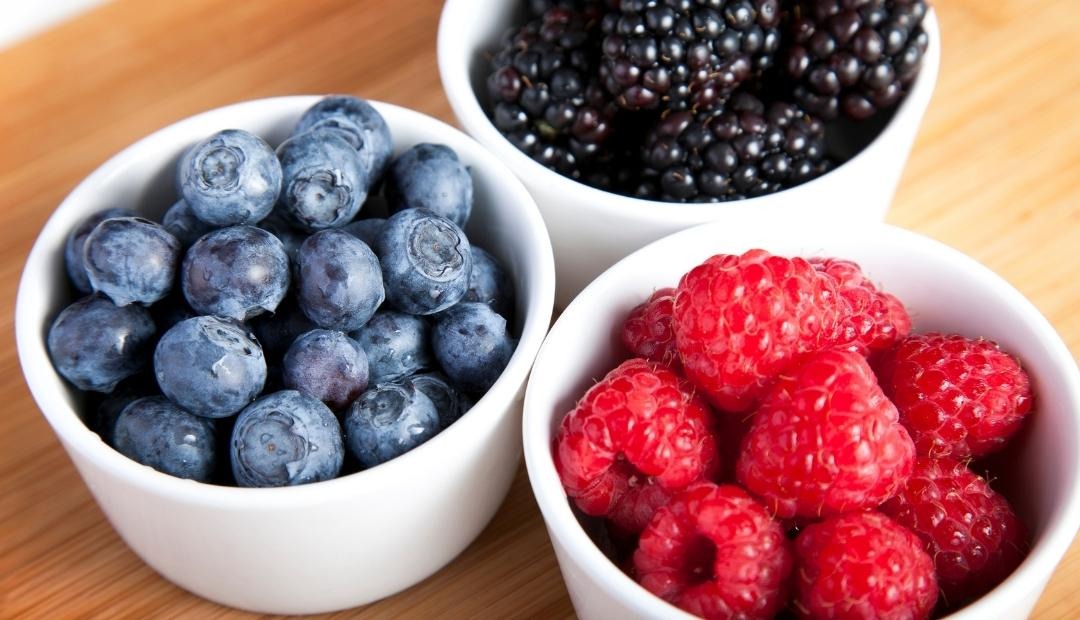Our lifestyle, physical activities, and even the food we eat – especially the food we eat -- contribute to our general health. Supplemented with good exercise and recommended lifestyle changes, it is a must that we eat healthily and keep our food intake in check.
This is where superfoods come in. Superfoods are food options that are highly beneficial and nutritious for the body. Although there is no single superfood set to prevent diseases completely or to instantly boost your health, having them on your regular diet is helpful to lead a healthy lifestyle.
To help you with these health goals, we have listed the top 10 superfoods to include in your regular diet. These are easy to prepare, and nutritionist approved.
Dark green leafy vegetables
Dark green leafy vegetables, as expected, are the first on our list. The benefits of eating these powerhouses are widely known and have been universally acclaimed as the healthiest choice when living a healthy lifestyle. They are a good source and contain phytochemicals that positively impact the human body and have been shown to help prevent chronic diseases, such as heart ailments and diabetes. They also contain Vitamin A, Vitamin C, Calcium, and dietary fibers that keep the body fit and in shape.
Olive oil
The use of olive oil on dishes like pasta or rice adds up vitamin E, polyphenols, and monounsaturated fatty acids to your diet. These components are key chemicals that greatly help in reducing the possibility of heart disease.
Olive oil can also be used and paired with salmon, another superfood that if added with garlic and butter, can be addicting for its umami flavor – truly a superfood that’s also delicious and a treat to the tastebuds.
Whole grains
Whole grains are known to be beneficial in their ability to help lower cholesterol, high blood pressure, and risks for diabetes. Whole grains are high in nutrients and fiber, lowering the risk of heart diseases, strokes, and the risk of obesity, and inflammation. Introducing whole grains is easy, simply look for all the whole grains in your cereals, oatmeal, barley, rye, brown rice, wheat… the list goes on. You are sure to find your favorites to indulge yourself with.
Yogurt
Yogurt is yet another superfood. Not only is this nutritious, it is also delicious, coming in a variety of flavors from plain, added flavors like vanilla, or those with added fruit. Cultured and fermented, yogurt can be a perfect food to reduce the risk of heart issues and osteoporosis. It contains proteins that support metabolism and regulate the appetite. Also perfect for the digestive health of the body, it contains many types of probiotics, such as the Lactobacillus, L. acidophilus, L. bulgaricus, and S. thermophilus.
Berries
Berries, such as Raspberries, Strawberries, Blueberries, Blackberries, and Cranberries, although not limited to these only.
Berries – raspberries, strawberries, blueberries, blackberries, and cranberries, for example—are a powerhouse of vitamins, minerals, fiber, and antioxidants. They can be effective in treating various digestive and immune-related disorders when used alongside traditional medical therapies. They can also reduce the risk of heart disease, cancer, and inflammatory conditions.
Legumes
There are many different types of Legumes, which include peas, kidney, black, red, soy, and garbanzo beans. Regardless of which legumes you like, they are all great for their fiber, folate, and plant-based protein—nutrients that help prevent heart ailments.
Tomatoes
Tomatoes, whether used as sauce, soup or with chili or salad every now and then, can help keep a healthy prostate. It also has lycopene which is an antioxidant that protects against radicals that affect the immune system. This component is also perfect to fight bad cholesterol and boost heart health.
Green Tea
Green tea has many medicinal properties, antioxidants, and polyphenolic compounds, which are all strong anti-inflammatory agents. Containing polyphenols, green tea also plays a huge role against aging and in boosting brain function.
Eggs
Eggs historically had a bad reputation for having high cholesterol, which is possible when consuming 6-12 eggs per week. But eggs, for the most part, can be a good source of good cholesterol, vitamins B, choline, selenium, vitamin A, iron, and phosphorus. Amongst these, they also have high-quality protein.
Nuts and Seeds
Nuts are packed with various plant compounds that have anti-inflammatory and antioxidant properties, which the human body needs to get protected against oxidative stress. They are also rich in fiber, vegetarian, heart-healthy fats, and protein.
Oxford at Lake Worth Apartments in Fort Worth, TX



